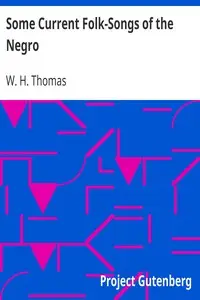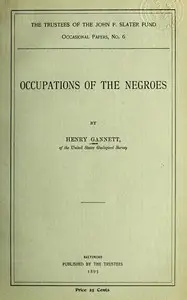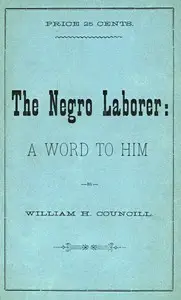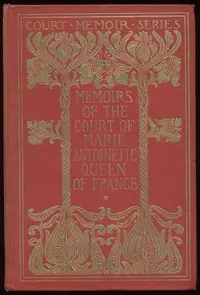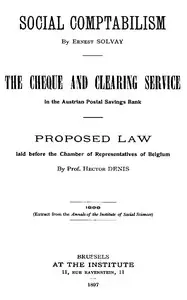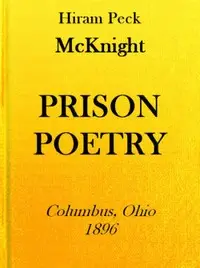"Negro Workaday Songs" by Howard Washington Odum and Guy Benton Johnson is a study of African American folk tunes from the early 1900s, mainly focusing on those sung by Southern workers. These songs tell about their everyday existence, hardships, and culture; the writings try to show real pictures of African American life through working songs, looking at what they mean to society. The book kicks off by getting ready to discover the amazing world of African American folk music, which grew from hard work and tough times, by understanding the stories behind the songs they use real-life stories from the people who sang them. From sad prison songs to sorrowful ballads, these songs are important reflections of what it was like to be Black during big changes in American history, talking about moving, struggling at work, and dealing with feelings. The book looks to present African American music as a unique lens into serious history of American culture, especially the experience of labor, community, and life in the American South.
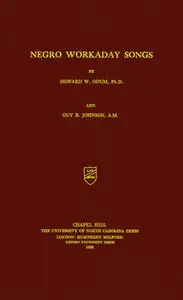
Negro workaday songs
By Howard Washington Odum
Hear the voices of a people through their sorrowful working chants, revealing stories of struggle, migration, and the heart of the African American dream.
Summary
About the AuthorHoward Washington Odum was a white American sociologist and author who researched African-American life and folklore. Beginning in 1920, he served as a faculty member at the University of North Carolina, founding the university press, the journal Social Forces, and what is now the Howard W. Odum Institute for Research in Social Science, all in the 1920s. He also founded the university's School of Public Welfare, one of the first in the Southeast. With doctorates in psychology and sociology, he wrote extensively across academic disciplines, influencing several fields and publishing three novels in addition to 20 scholarly texts.
Howard Washington Odum was a white American sociologist and author who researched African-American life and folklore. Beginning in 1920, he served as a faculty member at the University of North Carolina, founding the university press, the journal Social Forces, and what is now the Howard W. Odum Institute for Research in Social Science, all in the 1920s. He also founded the university's School of Public Welfare, one of the first in the Southeast. With doctorates in psychology and sociology, he wrote extensively across academic disciplines, influencing several fields and publishing three novels in addition to 20 scholarly texts.

